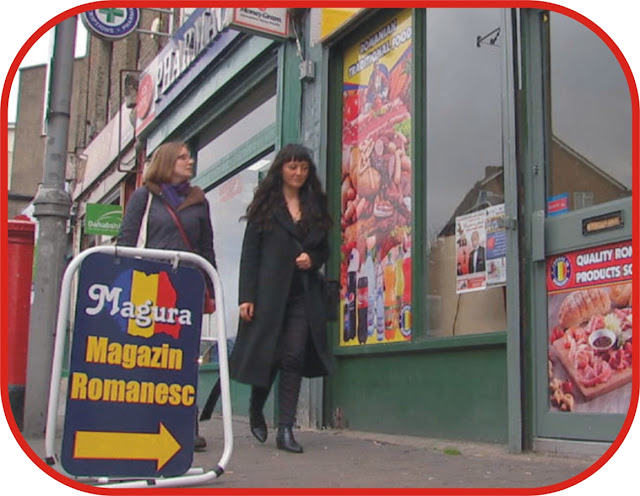As result of the official announcement of the date Theresa
May wants to trigger Article 50, some members of Eastern European communities
have expressed their fears on how their stay in the UK could be affected
adversely by the Brexit negotiations.
Most of them have the feelings that they are going to be
treated differently from their counterparts from Western Europe like Germany
and France, which will make them feel being treated like second class citizens.
Florina Tudose, of the East European Resource Centre, speaking
to journalists said: "People are worried that at the end of Brexit
negotiations they won't have the same deal as countries such as France, Germany
and Spain.
"Yes there are some rules in place that the UK is not
allowed to negotiate with single countries from the EU, but we don't know if
that is going to be the case or not because we have never been through this
situation before.
"People are worried about their future status in the
UK.
"They fear they won't be treated equally to other EU
citizens from western Europe because in the past there has been a sense of
people from eastern Europe being some kind of second-class citizens.
"Countries which joined the EU in 2004 and 2007 have
always been treated a bit differently and having experienced all sorts of
restrictions on free movement, for example having to apply for a work permit.
"People now are concerned that they might experience
these kinds of special restrictions once again when Britain actually leaves the
EU."
Florina and
Florina and her colleague Katarzyna Zagrodniczek, who are both
from Romania and Poland respectively, have been going to various shops and
businesses as outreach workers, helping communities with advice about their
rights.
Among those they met up with was George Dragnea, a Romanian
barber working in Stratford in east London.
He also affirmed to the fact that eastern Europeans do
sometimes feel like second-class citizens.
"Eastern European countries were communist countries in
the past with a very different culture and different lifestyles," he said.
"Italian, French and Spanish were capitalist - the same
as British people. Sometimes I think people look down on us and that is
upsetting."
One of the reasons of such feeling is that, when Romania and
Bulgaria joined the EU initially, nationals from those country who came to the
UK were made to apply for work permits. While workers from Poland were also
made to apply for workers’ registration scheme.
Romanian shop worker Daniela Neamtu has been in Britain for
five years. She also stated that the restriction the UK government made them
the first time she came to the UK made her feel so discriminated.
She said: "I always felt inferior. What is being said
about Romanians - we are not all the same. We're not all thieves and
rapists."
Academics have said deals with individual countries would
threaten the unity of the remaining EU 27 nations.
However, they agree that migrants from eastern and central
European countries could be at the back of the queue in a new immigration
policy.
David Goodhart, of the think-tank Policy Exchange, said:
"The policy would not intend to discriminate against people from central
and Eastern Europe and indeed would not discriminate against people from
central and eastern Europe, but it would discriminate against people with a
lower skills profile - people who are coming here to do basic jobs.
"And if anything is going to come out of Brexit surely
it has to be that you reduce the inflows of people coming to do those kinds of
jobs.
"That's one of the reasons why people voted for Brexit
in the first place and that will disproportionately impact on the people doing
those jobs - and they are disproportionately from central and eastern
Europe."











No comments:
Write comments